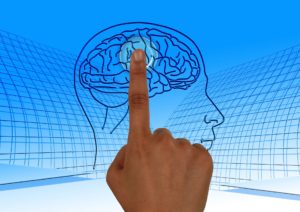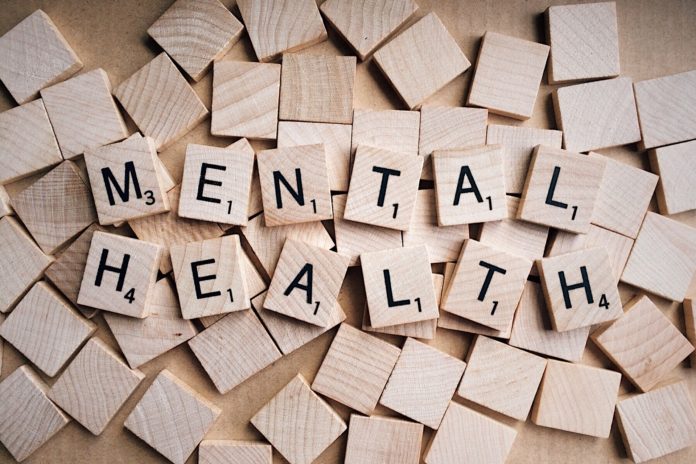Government reply in the Lok Sabha highlights the massive manpower shortage plaguing mental healthcare even though as per the law it is the patient’s right to get treated
India is grappling with a crippling shortage of mental health professionals, the government told the Lok Sabha during the ongoing Budget session of Parliament. There are only 898 psychologists against 20,250 required in the country and less than 900 psychiatric social workers against the 37,000 needed.
In India, WHO estimates that the burden of mental health problems is of the tune of 2,443 DALYs (disability adjusted life years) per 100,000 population, and the age-adjusted suicide rate per 100,000 population is 21.1. DALYs are an internationally recognised unit of disease burden that takes into account the number of productive life years lost due to death and disability caused by a particular disease/condition. It is estimated that, in India, the economic loss, due to mental health conditions, between 2012-2030, is 1.03 trillions of 2010 dollars. According to the 2011 Census, more than 7.22 lakh people across the country were suffering from “mental illness”, while over 15 lakh were “mentally retarded”. With 76,603 people suffering from some sort of mental illness, Uttar Pradesh have the highest number in the country followed by West Bengal at 71,515, Kerala at 66,915 and Maharashtra at 58,753.
In the reply in the Lower House meanwhile, minister of state for health and family welfare Anupriya Patel said that as of January 2015, there were 3,827 psychiatrists against the 13,500 required in the country. At present there are only 1,500 psychiatric nurses against 3,000, she said in response to a question on shortage of mental health professionals in India.
India’s mental health burden, moreover, is a grey area because of lack of trained professionals and also generations of social taboo that make people reluctant to come out and talk about mental health problems. Bollywood star Deepika Padukone broke that trend when she came out and talked some years back about her own battle with depression. President Ramnath Kovind too had flagged the problem some months ago in a speech when he had said that the number of people suffering from mental health problems in India is larger than the population of Japan.

In the reply in the Lower House meanwhile, minister of state for health and family welfare Anupriya Patel said that as of January 2015, there were 3,827 psychiatrists against the 13,500 required in the country. At present there are only 1,500 psychiatric nurses against 3,000, she said in response to a question on shortage of mental health professionals in India.
Interestingly India last year adopted a new law that takes a rights based approach to mental health issues. The new Mental Health Act lays down that “Every person shall have a right to access mental health care and treatment from mental health services run or funded by the appropriate government. The right to access mental health care and treatment shall mean mental health services of affordable cost, of good quality, available in sufficient quantity, accessible geographically, without discrimination on the basis of gender, sex, sexual orientation, religion, culture, caste, social or political beliefs, class, disability or any other basis and provided in a manner that is acceptable to a person with mental illness and their families and care-givers.” Implementation of the ambitious law will be a big challenge given the shortage of mental health professionals.


